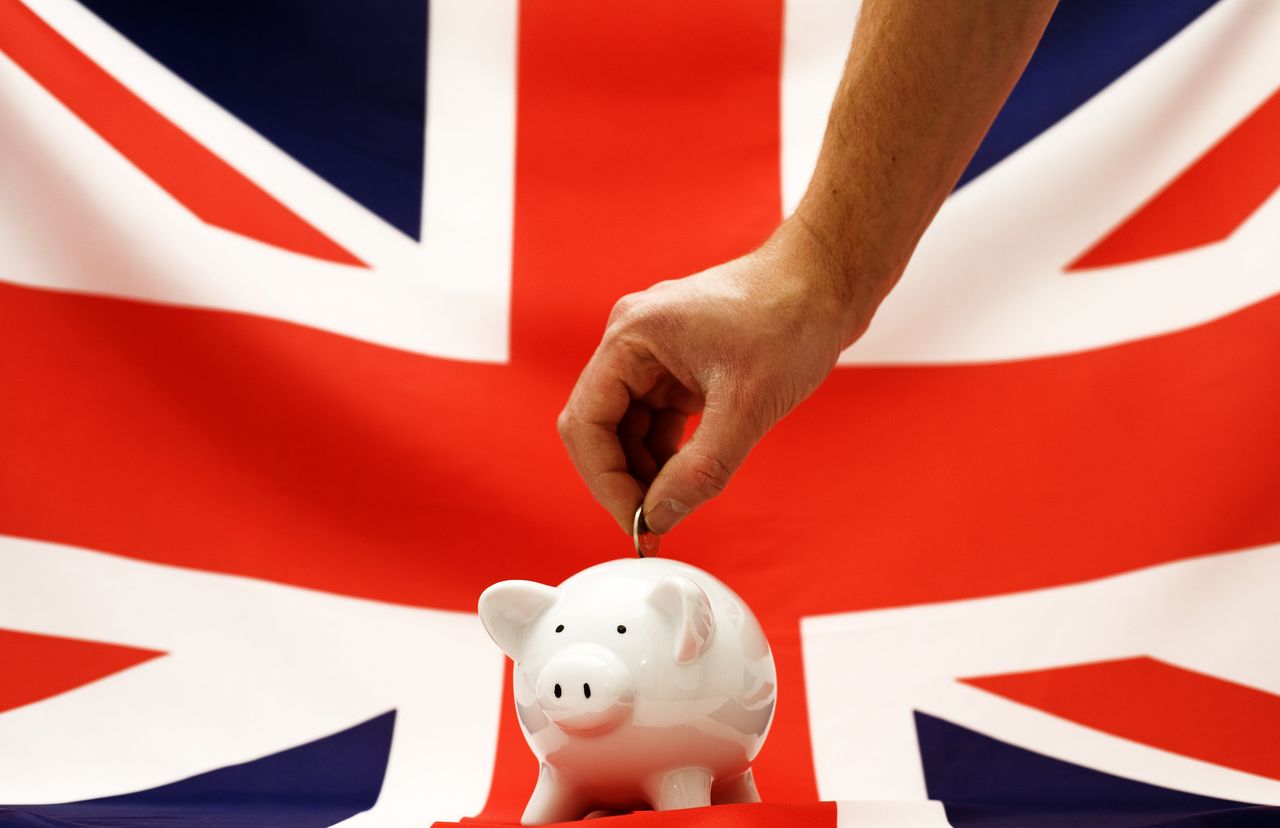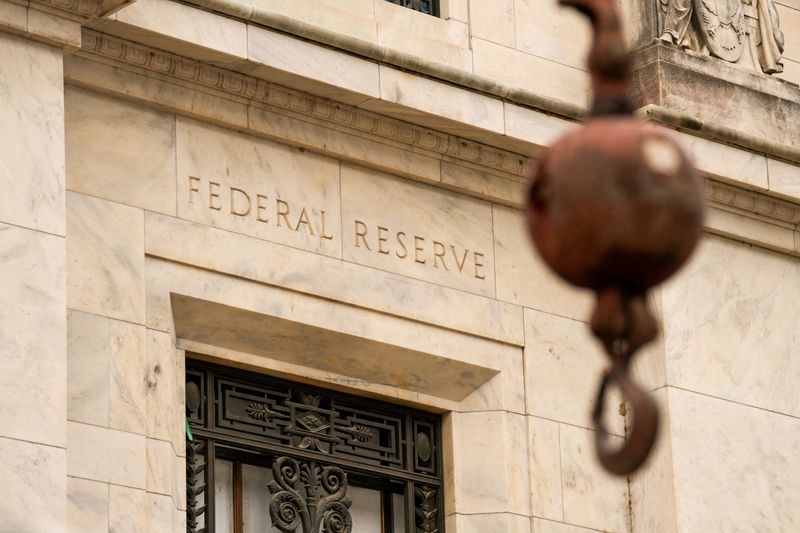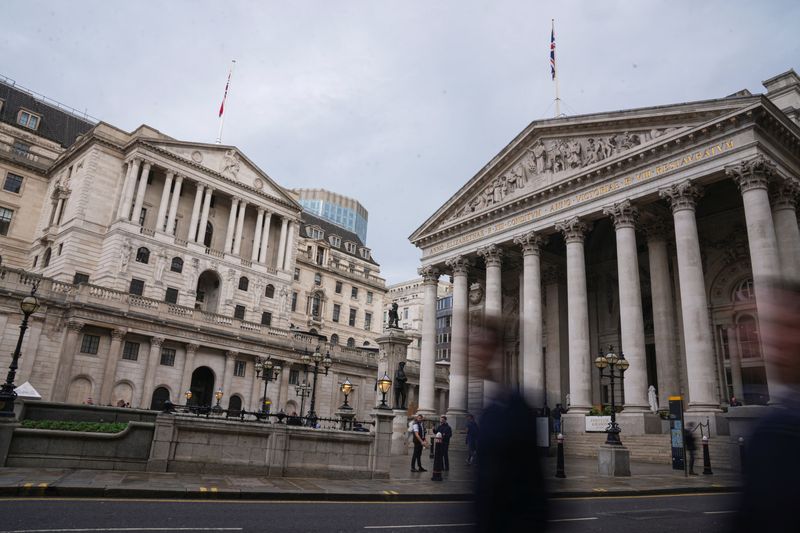Britain Faces Up to Tough Economic Choices. Finally, Economists Say.
NeutralFinancial Markets

Britain Faces Up to Tough Economic Choices. Finally, Economists Say.
The Bank of England has decided to maintain interest rates at 4 percent, a move that reflects the ongoing economic challenges facing Britain. With inflation remaining a concern, this decision highlights the tough choices policymakers must navigate to stabilize the economy. It's a critical moment for the country as it seeks to balance growth and inflation control.
— via World Pulse Now AI Editorial System







